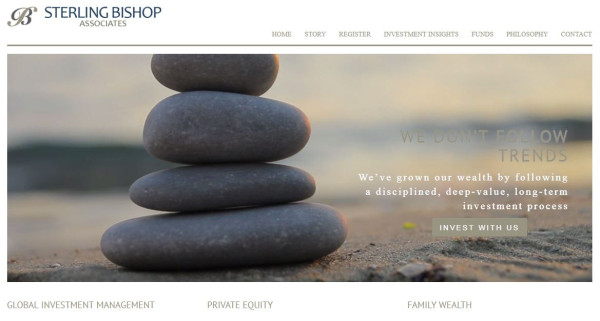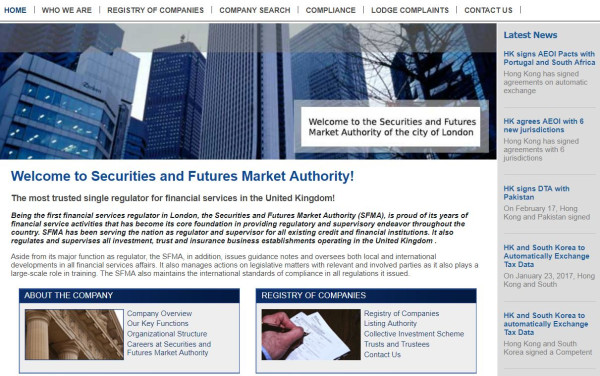
Planning & budgeting
Saving & investing
KiwiSaver
Tackling debt
Protecting wealth
Retirement
Home buying
Life events
Setting goals
Money tracking
Plan your spending with a budget
Getting advice
Studying
Get better with money
What pūtea beliefs do you have?
How to build up your emergency savings to cover unexpected costs
How to save your money
How to start investing
Find a financial adviser to help you invest
Your investment profile
Compound interest
Net worth
Types of investments
Term deposits
Bonds
Investment funds
Shares
Property investment
How KiwiSaver works and why it's worth joining
How to pick the right KiwiSaver fund
Make the most of KiwiSaver and grow your balance
How KiwiSaver can help you get into your first home
Applying for a KiwiSaver hardship withdrawal
How to use buy now pay later
What you really need to know before you use credit
How to get out of debt quickly
Credit reports
Know your rights
Pros and cons of debt consolidation
Credit cards
Car loans
Personal loans
Hire purchase
Student loans
Getting a fine
What happens if I start to struggle with moni?
How to build up your emergency savings to cover unexpected costs
Cryptocurrency
How to protect yourself from fraud and being scammed
About insurance
Insurance types
Insuring ourselves
Wills
Enduring powers of attorney
Family trusts
Insuring our homes
Losing a partner
Redundancy
Serious diagnosis
How to cope with the aftermath of fraud
Separation
About NZ Super – how much is it?
When you’re thinking of living in a retirement village
How to plan, save and invest for retirement
Manage your money in retirement
Find housing options in retirement
Four approaches to spending in retirement
Planning & budgeting
Saving & investing
How to build up your emergency savings to cover unexpected costs
How to save your money
How to start investing
Find a financial adviser to help you invest
Your investment profile
Compound interest
Net worth
Types of investments
Term deposits
Bonds
Investment funds
Shares
Property investment
View all
KiwiSaver
Tackling debt
How to use buy now pay later
What you really need to know before you use credit
How to get out of debt quickly
Credit reports
Know your rights
Pros and cons of debt consolidation
Credit cards
Car loans
Personal loans
Hire purchase
Student loans
Getting a fine
What happens if I start to struggle with moni?
View all
Protecting wealth
How to build up your emergency savings to cover unexpected costs
Cryptocurrency
How to protect yourself from fraud and being scammed
About insurance
Insurance types
Insuring ourselves
Wills
Enduring powers of attorney
Family trusts
Insuring our homes
Losing a partner
Redundancy
Serious diagnosis
How to cope with the aftermath of fraud
Separation
View all
Retirement
Home buying
3 October 2017
Reading time: 5 minutes
Posted by Tom Hartmann,
0 comments

Hey, want to see a fake website? Looks pretty authentic, right?

In this era of fake news, there are plenty of phony companies and websites out there. But here’s one that really blew me away:

It’s an entirely fake government authority. It doesn’t exist. Unbelievable, isn’t it? And it was just created on 14 August, with the aim of making an investment fraud (story below) seem as professional and as real as possible. The page even has a “prevention of market abuse” link that you can click!
“My name is Satoru Ochiai from Japan, I have business proposal of 20M USD, if interest reply to my email…” was a text message I received recently. We’ve all got targets on our backs these days. Hopefully we’re getting used to it (or at least the sloppy English raises a warning flag).
But even if we’re financially savvy, we need to stay vigilant. Being a financial expert doesn’t really help, since fraudsters prey on overconfidence. Suddenly I’m glad not to have extra money lying around – it’s all been put to work...
Today I bring you the story of huge losses and close calls: Michael Browne, a self-employed builder in Christchurch, who lost $329,000 to international fraudsters Aurum International. Certainly painful, but it could have been worse.
It all started with a cold call from Aurum in February 2014. “I was rung by a marketing person to see if I would be interested in investing on the share market,” Browne remembers. “I said I wasn't interested, but when pushed, I replied if the right opportunity came along I'd consider it.” And that’s where he became a mark.
He began getting calls from someone called Rhys Williams at Aurum, asking about his work, his life, and they became like friends on the phone. Williams offered him shares in a new company called Seamless Distribution in Europe, showing him a website and sending over a confidential disclosure statement. Michael started by investing $5,000.
Then it was Williams’ manager’s turn to work on Browne. “Adam Masters started talking in similar style but was really aggressive once he had spoken to me twice,” he says. There was a sob story about one of their brokers getting into financial trouble and needing to trade so he wouldn’t lose his licence. There were promises of doubling what Browne already had and moving him into exclusive “bulk share trading”.
Browne caved. “Pressure tactics pushed me into sending $120,163.46. With more pressure, he forced me into sending $203,638.62.”
At this point he went to his bank, Kiwibank, with the whole story. Their fraud department called it out as a scam. “I found it incredibly hard to believe, but slowly had to accept it,” he remembers.
Aurum kept digging for more. When Browne told them what Kiwibank had said, Masters explained that the bank just didn’t want him to know how much money there was to be made, and that he was going to sue them. By this stage Browne was on to them, but the damage had been done.
“I lost a total of $328,852.11, plus interest that I paid my mother on the money I borrowed from her, as she lent me $150,000 of that total sum,” he says. “It has taken three years to pay her back.”
It seems once a mark always a mark, and Browne has been targeted three times by other companies since his dealings with Aurum. This year he contacted Netsafe, which identified them as scams.
For the latest run-in with Sterling Bishop (the firm with the first fake website above), Netsafe referred Browne to the Commission for Financial Capability’s new fraud expert. It came to light that Sterling Bishop had invented the fictitious UK Securities and Futures Market Authority to “prove” they’re on the up and up. That’s some nerve.
So at least there’s a happier ending, since Browne has been able to dodge the recent bullets.
“I have found it traumatic each time it comes up to deal with it,” he says, “but it gets easier to look at the emails and see my ignorance over such a preposterous scam.”
If you’re thinking about investing with a company here in New Zealand, make sure it’s licensed. The Financial Markets Authority has lists of licensed individuals and businesses. If you use a provider who is not licensed, especially if they are overseas, it will be much harder to get your money back if things go wrong.
If you have any doubts at all, don’t send money. And if you think you’ve been scammed, report it here straight away.
Use verification code from your authenticator app. How to use authenticator apps.
Code is invalid. Please try again
Don't have an account? Sign up
Or log in with our social media platforms


A free account gives you your very own space where you can save your tools and track your progress as you get ahead.
Or sign up using Google:



Comments (0)
Comments
No one has commented on this page yet.
RSS feed for comments on this page | RSS feed for all comments